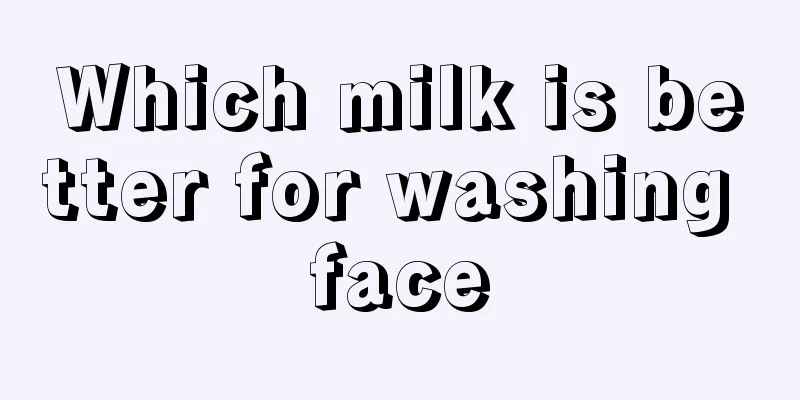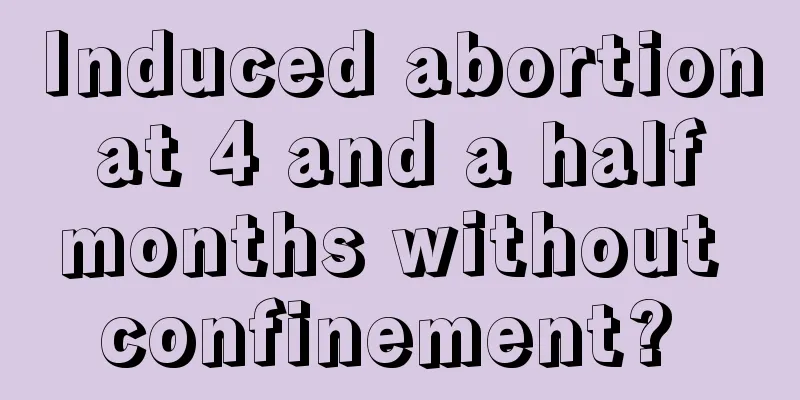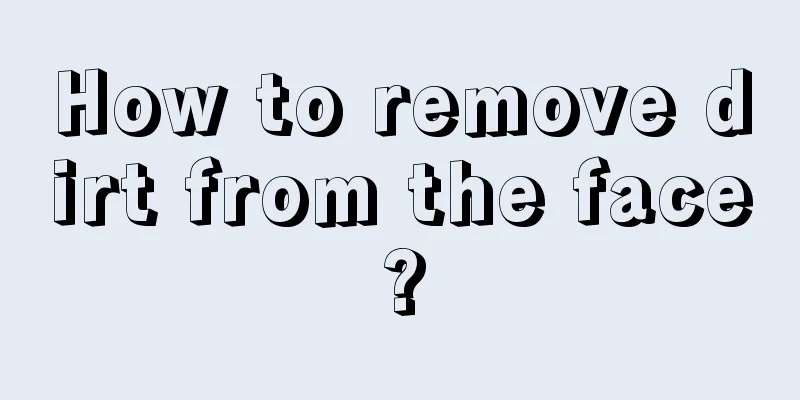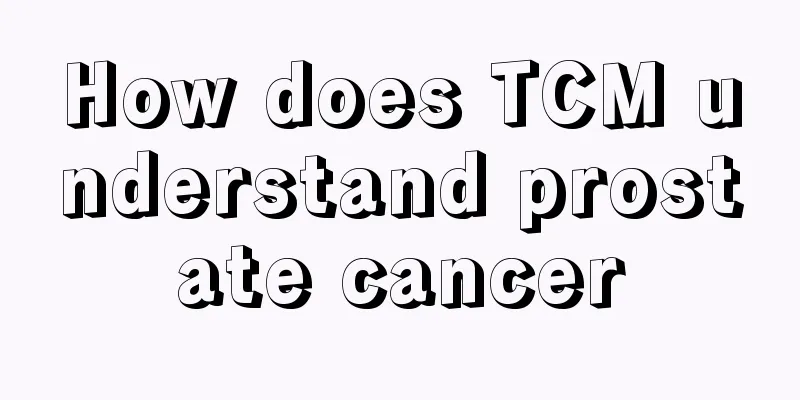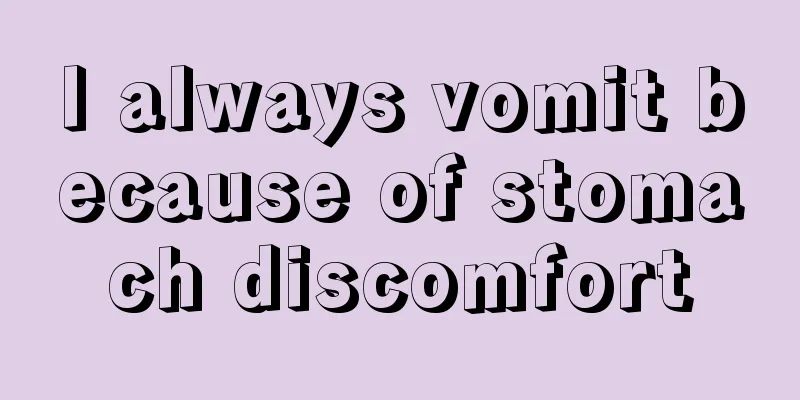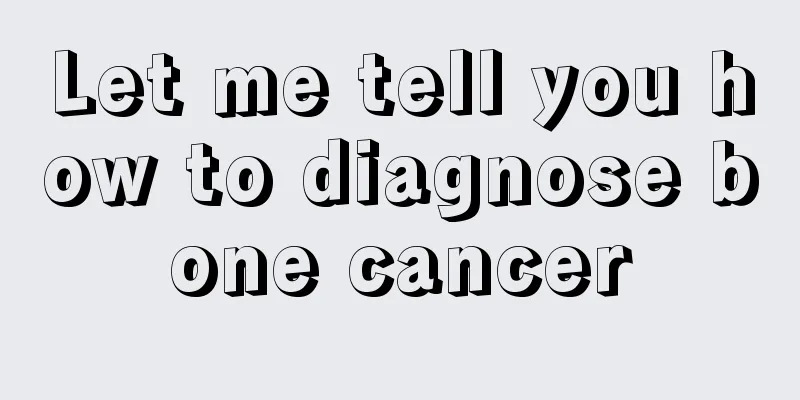Why does chewing give me a headache on both sides of my hairline
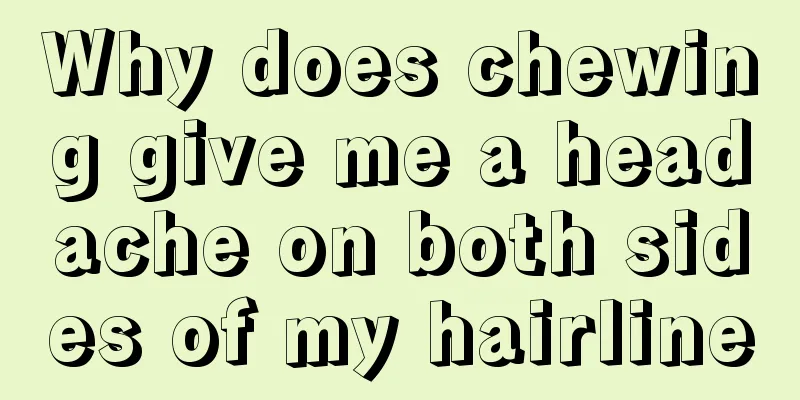
|
If you feel pain on both sides of your hairline when chewing, you may have mandibular arthritis, because inflammation often causes this kind of pulling pain. It is best to go to the hospital for examination to find out the specific location of the pain. You can go to the neurology department or dentistry department of the hospital for examination. In addition, it should be noted that this is related to crooked teeth and poor bite. What is temporomandibular arthritis Temporomandibular arthritis (TMJ), a condition of the joint where the jaw connects to the ear, is also a common source of pain. Place your fingers in front of the ear canals on both sides and open your mouth wide, and you will hear a sound similar to splitting. Symptoms of TMJ arthritis are very common. These include local joint pain, ear pain, headache, noise and pain when chewing, and are accompanied by pain in various muscles. The ability to open the mouth is limited, and swallowing food is sometimes difficult. Causes Crooked teeth Difficulty in moving the jaw up and down easily may be caused by "misaligned" teeth (what dentists call a bad bite). So the treatment is to make the teeth bite correctly. If your teeth don't fit together properly, it can lead to TMJ. But this is not absolute. Many people have a good bite but suffer from TMJ, while many people do not have TMJ despite crooked teeth. Muscle Imbalance Another cause of TMJ is muscle imbalance. Correction of the bite can help, and the use of mirrors and biofeedback can also relieve symptoms. A muscle imbalance may be caused by the mouth opening to one side. The correct way to open and close your mouth, bite or chew is to let the lower jaw rise and fall along the midline, rather than forcing it to the left or right. In TMJ, a grinding sound or crepitus may be heard when the patient opens his mouth to one side instead of along the midline. This sound is caused by expansion of the joint or wear of the membrane, indicating that the muscles pulling the jaw are not functioning properly and the movement of the jaw is unbalanced. If this is the cause of muscle imbalance, bite correction is necessary. Muscle imbalances can also have other causes. Often people with TMJ will clench their teeth or grind their teeth when they are nervous, just as some people rub their fists and sweat their palms when they are nervous. The more uncomfortable they feel, the tighter they bite; the tighter they bite, the more severe the pain; the more severe the pain, the more anxious they feel and the more nervous they become, which in turn makes them bite tighter, forming a vicious cycle. TMJ patients may also grind their teeth during sleep. |
<<: The efficacy and function of Glucoside
Recommend
Composition of the extrahepatic bile duct
In daily life, everyone may have some problems wi...
Is pulmonary fibrosis contagious? It needs timely treatment
Pulmonary fibrosis can cause symptoms such as dif...
Is the cecum the appendix?
The human body has organs such as the large intes...
What is the cause of right shoulder pain
What causes right shoulder pain? People with bad ...
What is the cause of nerve invasion in moderately differentiated pancreatic cancer and what to do
Moderately differentiated pancreatic cancer nerve...
Experts tell you: How long can you live with advanced pancreatic cancer
How long can you live with pancreatic cancer in t...
Difficulty eating after radiotherapy for laryngeal cancer
The food we eat must pass through the throat. If ...
How effective is Golden Maca
Many male friends are troubled by physical weakne...
When is the walnut ripe?
Walnut is a very common nut in daily life. Walnut...
The benefits of cooking millet, mung beans and red dates together
Nowadays, people are more aware of their physical...
How to get rid of gas in the stomach?
With the rapid development of the economy, the pa...
Why do pimples and itchiness appear on the belly button?
If the human body is in a humid environment for a...
Experts explain the symptoms of bone metastasis of malignant melanoma
Malignant melanoma is not a very common disease i...
A man endured one thing in the morning and it caused him cancer
Xiao Zhang is an employee of a computer software ...
Is recurring eczema skin cancer?
Learn about skin cancer. If you have eczema, will...
